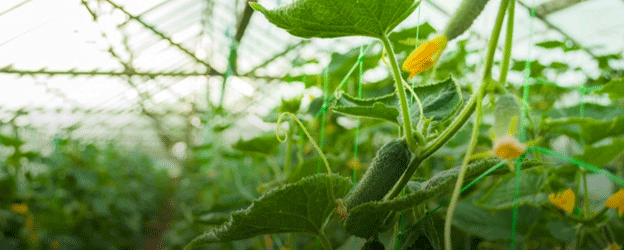As greenhouse farming gains traction in Russia, the regional Ministry of Agriculture has introduced a grant program to incentivize the cultivation of berries and vegetables in closed-ground systems. This support measure aims to enhance food security, reduce dependency on imports, and create opportunities for small-scale farmers.
Grant Details
The initiative targets citizens managing personal subsidiary farms (ЛПХ) and self-employed individuals who comply with tax regulations. The subsidy starts at 50% of documented expenses and can reach 90%, depending on the size and success of the harvest by year-end.
Eligible costs include:
- Seeds and planting materials: Ensuring access to high-quality genetic stock.
- Fertilizers and plant protection products: Supporting optimal crop health.
- Tools, equipment, and inventory: Aiding infrastructure development for greenhouse operations.
Participation and Uptake
Governor Vyacheslav Gladkov noted that while only nine farmers have applied so far, the program’s popularity is expected to grow as more entrepreneurs recognize its benefits. In 2022, similar grants were awarded to 39 farms in the region, demonstrating the program’s potential to support agricultural growth.
Broader Impacts on Agriculture
Greenhouse farming has seen increased adoption globally due to its resilience against climate variability and ability to produce year-round crops. In Russia, this sector plays a vital role in achieving food security objectives and meeting domestic demand for fresh produce.
According to the Food and Agriculture Organization (FAO), controlled-environment agriculture, including greenhouses, can increase yields by 2–3 times compared to open-field farming. When paired with financial support like these grants, farmers can adopt advanced technologies, reduce risks, and contribute to the sustainability of their operations.
The grant program introduced by the Ministry of Agriculture is a transformative opportunity for small-scale farmers to venture into greenhouse farming. By reducing financial barriers and promoting modern agricultural practices, this initiative supports a more self-sufficient and sustainable food system in Russia.










